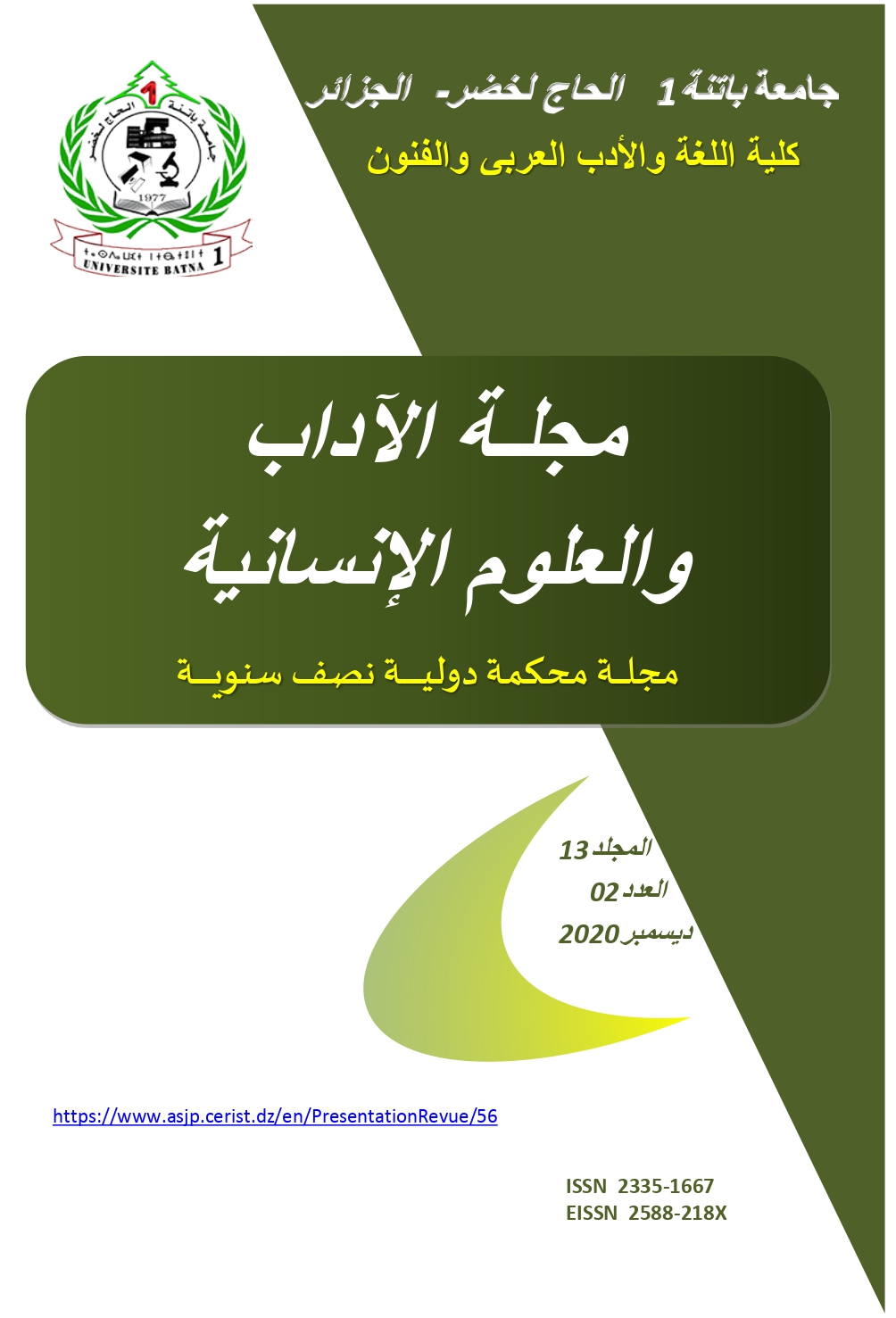The Quest For The Altered Self In Beckett’s Waiting For Godot
DOI:
https://doi.org/10.59791/rlhs.v13i2.4409Keywords:
Time/Space, subject/object, Absurdism, BeckettAbstract
The Twentieth century has been the age of the outbreak of two world wars that caused spiritual disillusionment. These two world wars caused profound destruction and loss of ultimate human certainties and definitively created a world without unifying principles, a world without meaning, disconnected from human life. This hastened the advent of nihilism and accentuated the widespread feeling of futility where the self is transformed into a meaningless abstraction. These obsessions have been demonstrated in the works of 20th-century writer Samuel Beckett in his dramatic art ranging existentialism, psychology and absurd which were applied in the description of a dominant trend in the twentieth-century theoretical barrel. This article is an attempt to explore the self in Beckett's Waiting For Godot and affirm a continuous self-identity. It aims to show Beckett's perspective on underlying human relationships and how it reflects the characteristics of the subject/object dichotomy to analyze this self throughout time and space.

